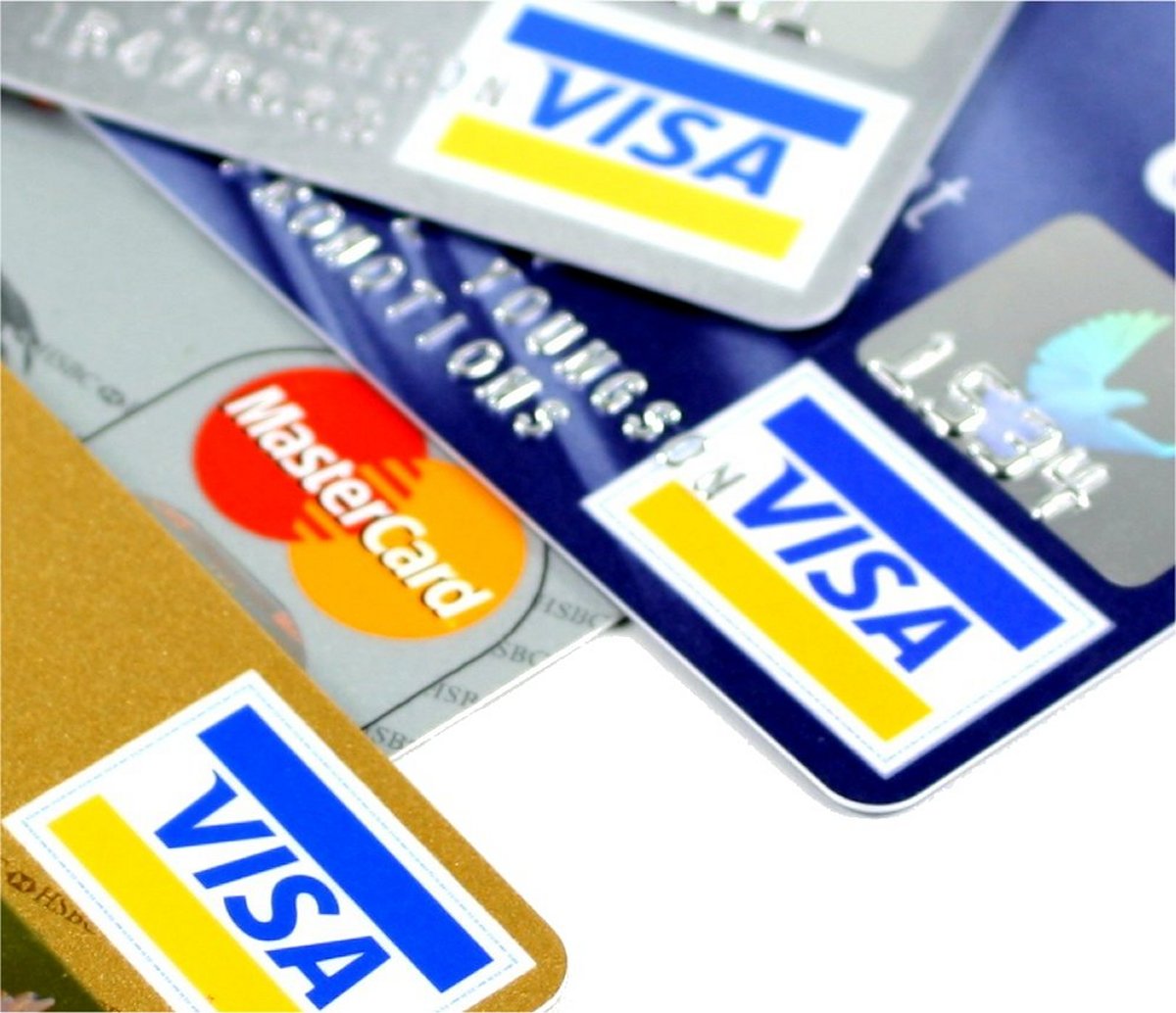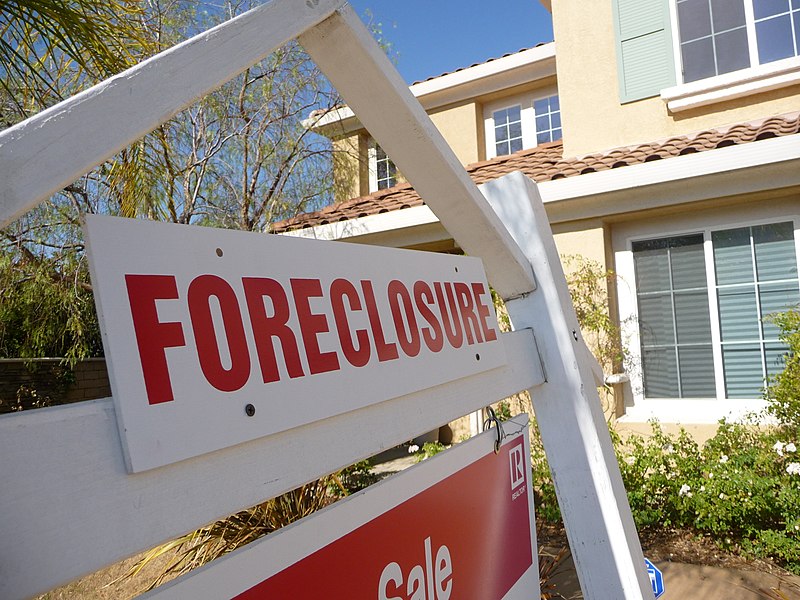Have you ever tried to get something on credit but got “declined” for it? If so, it probably meant that you had a low credit score. In a nutshell, credit scores are what companies use to decide whether someone has a low enough risk to offer finance. Scores get calculated on numerous factors, primarily a person’s past credit history.
Each company that offers credit has different ways to “score” a person’s credit. Almost all lenders will consult credit reporting agencies to get a person’s credit history. Using that information alongside their own lending criteria is ultimately how a business decides whether someone is credit-worthy (to them) or not.
As you may have guessed, your past credit history will have a significant impact on your likelihood to get finance or borrow money in the future. Have you ever wondered what could negatively affect your credit score? The following gives you an insight into some of the things that have the biggest impact:
Late payments
Let’s face it; almost all of us are guilty of paying something late such as a credit card repayment. Such information gets recorded on a person’s credit history and can stay there for as long as seven years, believe it or not!
How long you were late on your payments, and how often, will determine how much damage gets done to your credit score. For example, let’s say that you’ve missed a payment by a couple of days. That will seldom have a noticeable impact on your rating. However, if you’ve got several late payment markers where you’ve not made a payment for at least 30 days can be damaging.
Whenever you take out credit cards, loans, or finance, you must make your payments on time. If the repayment date is inconvenient for you, many lenders will allow you to alter your repayment date.
No payments
Have you decided that you don’t want to pay your debts back? If so, you’ve virtually guaranteed a catastrophic credit score for the next few years! Even if you decide to pay your bills again, the damage will have already been done if you’ve not paid anything for several months.

Image Obtained From Creative Commons Images
Of course, you might wish to file for bankruptcy. However, that’s never a guarantee that you won’t have to pay anything back to your creditors! In short, it makes financial sense to take the no-stress option of just paying your bills when you’re meant to!
Bankruptcy
The thing about bankruptcy is that it’s a last-resort option. You should only consider it when other alternatives such as consumer credit counseling aren’t viable options. When you become bankrupt, no mainstream lender will find you creditworthy for several years.
You might come across lenders that specialize in high-risk individuals if you wanted credit in the future. But, they’ll charge you sky-high interest rates and history could end up repeating itself.
Losing your home
Failing to keep up with your mortgage payments? If so, your lender may have no choice but to foreclose on your property. As you can appreciate, such an action is rather devastating, and banks try to avoid doing that if they can. However, they also have a business to run, and they can’t just give away money!

Image Obtained From Wikimedia Commons
As a result, if you can’t work things out with your mortgage provider, they might have to foreclose your home. There will also be a record of that on your credit history, making it almost impossible to get another mortgage for the foreseeable future.
Maxing out your credit cards
Are you taking “buy now, pay later” to the extreme? If all your credit cards are at the limit, you aren’t an attractive prospect to most creditors. That’s also true if you only make the minimum repayment amount on your cards each month!
Things get even worse if your interest charges take you over your limit (it does happen)! These days, credit cards are straightforward to get, and it’s often hard to resist using them. It can be harder to pay them back, especially if you’re broke.
Having only one loan or credit card
As strange as it sounds, only having one loan or credit card can hurt your credit score. Why is that, you might be wondering? The reality of the situation is creditors want to see what you’re like paying back several forms of debt. Having only one source of credit doesn’t give companies much to go on when determining your creditworthiness.
How to improve your credit score
There are lots of articles and guides online that describe how you can improve your chances of getting accepted for a loan or credit card. In fact, there are a few here on this very blog! For this post, I’ll outline a few of the most common ways to improve your credit conundrum:
- Check your credit score
Do you actually know what state your credit score is at these days? If the answer’s no, it’s time to do some research. Look at what creditors see by obtaining your credit profile. That way, you can judge what is likely to be causing you problems. Plus, you may even spot mistakes that could be hampering your score.
- Get help from a credit repair company
Sure, there are some things you can do yourself to improve your credit score. But, there will be times where you need help from some industry professionals. Take a look at these reviews from CreditRepairCompanies and choose a provider that is best placed to handle your particular credit score situation.
- Pay off your debts quicker
Credit cards can often take longer to pay off because of compounded interest getting applied to your accounts each month.
Make a concerted effort to pay off your cards quicker. Even just an extra $10 a month per card on your repayments can make the world of difference!
- Don’t borrow any more money
If you want to buy something expensive, the best thing is to be patient and save the cash for it instead.
Further borrowing will only worsen your credit score and potentially leave you short of available money each month.
- Earn more money
Even if you don’t have much credit, many companies will be reluctant to lend to you if you’re not earning a good salary.
The answer to solving that problem is simple: get a better-paying job! Alternatively, get a second job to do in your spare. Once you can prove that you’ve got more money coming in than going out, you’ll have an improved credit score.
Thank you for reading today’s blog post!

Leave a Reply